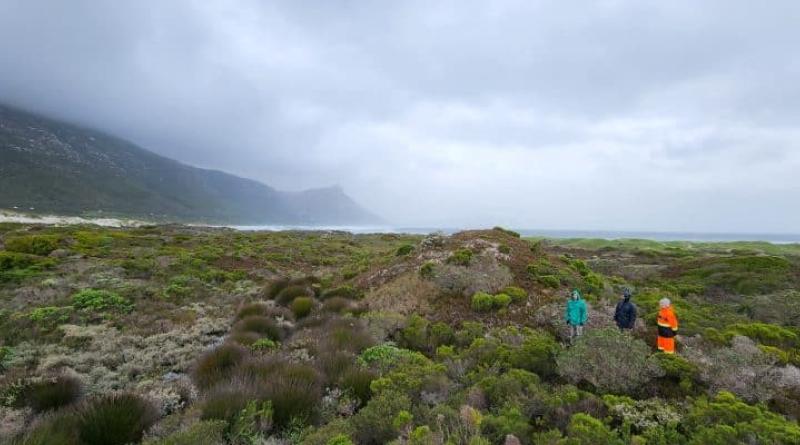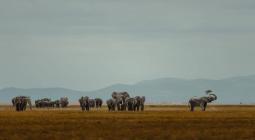SOUTH AFRICA: Cape Town to create six nature reserves and renovate nine others

In South Africa, the city of Cape Town is embarking on the extension of nine nature reserves and the creation of six new ones with the aim of strengthening their ecological functionality. The initiative should also improve comfort for naturophile excursions.
To mark the twentieth year since the National Environmental Management Act 2003 came into force in South Africa, the Cape Town Municipality is announcing the creation of six new nature reserves and the extension of nine existing ones. The measure fits with the vision of the South African government which intends to “ensure the protection and conservation of ecologically viable areas representative of the biological diversity of its natural landscapes” .
The nature reserves of Blaauwberg, False Bay, Harmony Flat, Steenbras, Table Bay, Tygerberg, Witzands, Wolfgat and Zandvlei will therefore be expanded. This process, which should mobilize experts in ecology, human and animal sciences as well as municipal surveyors, aims to strengthen the ecological functionalities of the protected areas that have been selected and at the same time improve the reception of visitors. .
Among the six places in the process of being “proclaimed” nature reserves are the seaside resort of Soetwater which is one of the favorite addresses of many tourists, particularly for its fauna composed of chacma baboons, among others. The Symphony Way area located near Cape Town Airport and dominated by the imposing Table Mountain is also affected by this project.
The urgent implementation of SDG15
“These areas include a spectacular stretch of coastline, extensive coastal wetlands and high quality natural vegetation which justifies nature reserve status. It is important to dedicate ourselves to the conservation and restoration of resources. These efforts will contribute to the resilience of the city and preserve ecological assets for generations to come ,” explains Eddie Andrews. The Deputy Mayor of Cape Town thus refers to the requirements of the 15th Sustainable Development Goal (SDG15) focused on the preservation of ecosystems.
Its implementation is crucial for South Africa, which is one of 17 megadiverse countries containing 70% of terrestrial biodiversity. This is notably thanks to its 19 national parks which cover up to 40,802 km2 of its territory. This is almost four times the size of a country like The Gambia (11,300 km2 ) . The Rainbow Nation is therefore doing everything possible to protect its natural potential despite poaching, the invasion of exotic species and climate change.





